- Home
- entertainment
- news
- 20 jobs presidents had before they were in office
20 jobs presidents had before they were in office
Zoë Ettinger

- You'll be surprised to learn some of the jobs presidents had before they became commander-in-chief.
- Abraham Lincoln was a postmaster in New Salem, Illinois.
- John F. Kennedy was a journalist and reported on the end of World War II.
Though many presidents of the United States had jobs in politics before they were in the White House, some were employed in positions you might not expect.
Abraham Lincoln delivered mail in New Salem, Illinois, and John. F Kennedy was a foreign correspondent for Hearst Newspapers.
Take a look at jobs presidents had before they were head of state.
John Adams was a diplomat in France, the Netherlands, and Great Britain between 1778 and 1788.
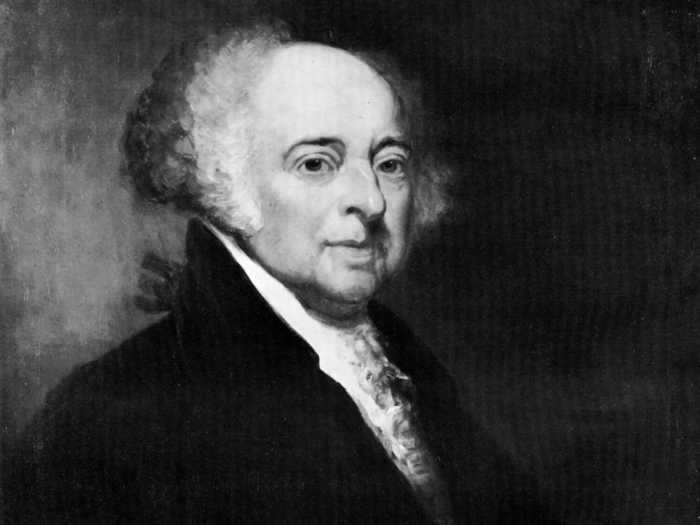
According to PBS, "His independent, unbending temperament was not ideal for diplomacy, and his diplomatic triumphs were offset by feelings of alienation."
Martin Van Buren served two terms in the New York State Senate and was elected New York attorney general in 1815.
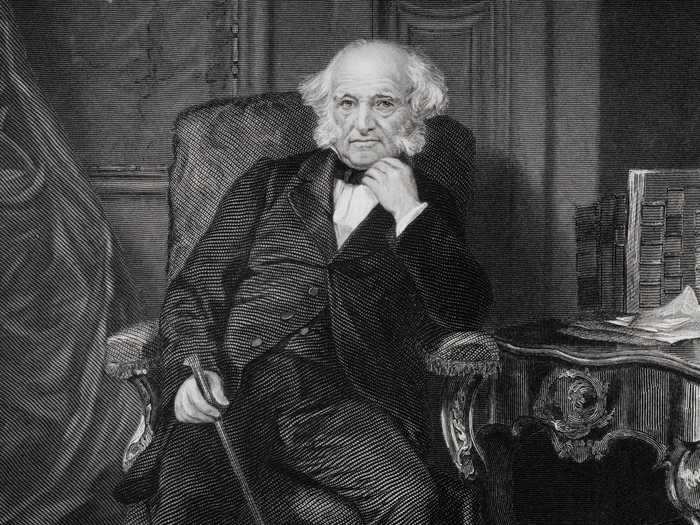
According to Biography.com, "During this time, he proved himself to be an adept politician, using political appointments and financial contributions to secure votes, and effectively establishing what would prove to be the foundations of the modern political machine."
Abraham Lincoln was appointed postmaster of New Salem, Illinois, in 1833 and served until 1836.
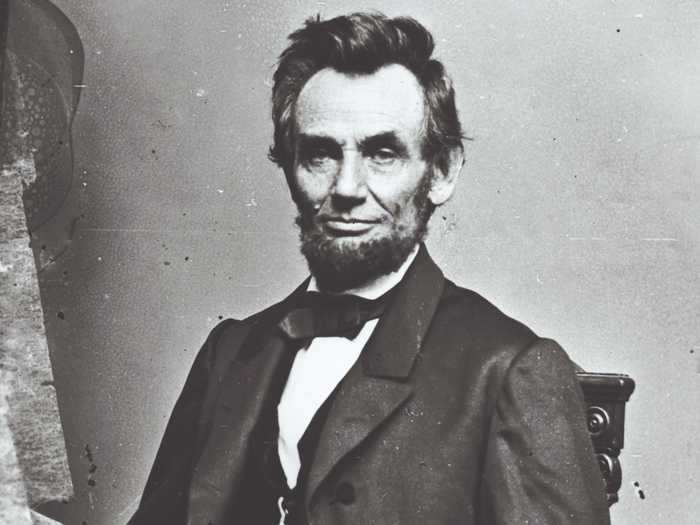
According to USPS, "Mail arrived once a week, delivered on a route running from Springfield to Millers Ferry. If an addressee did not collect his or her mail at the Post Office, as was the custom, Lincoln delivered it personally – usually carrying the mail in his hat."
Andrew Johnson started working as a tailor in Greeneville, Tennessee, when he was just 17 years old.
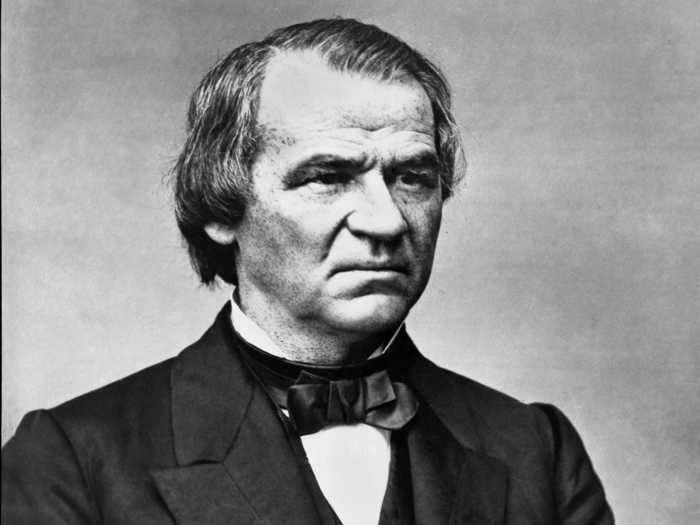
According to the National Park Service, Johnson said, "When I was a tailor I always made a close fit, and was always punctual to my customers, and did good work."
Grover Cleveland was sheriff of Erie County, New York, from 1871 to 1873.
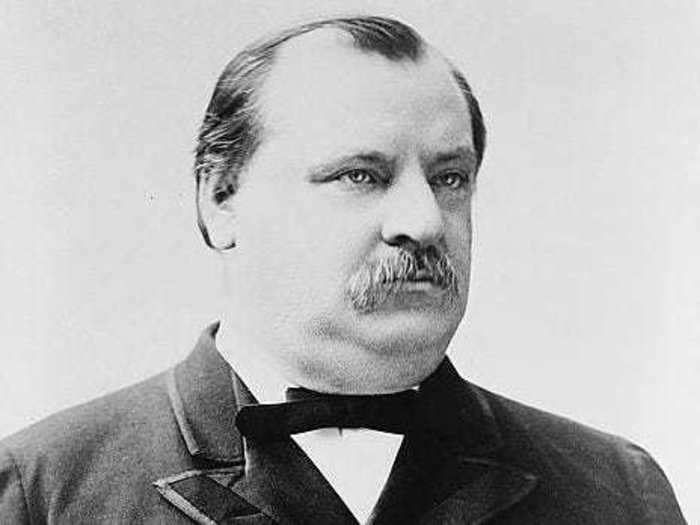
According to History.com, he sentenced three convicted murderers to death by hanging during his two-year term.
Theodore Roosevelt became a rancher after a hunting trip to North Dakota's Badlands in 1883.
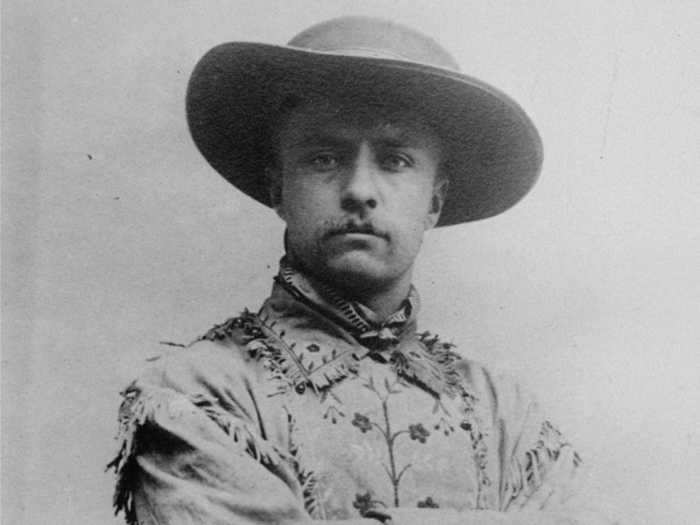
According to the National Park Service, "By the end of his 15-day hunting trip, he had entered the cattle business with the purchase of the Chimney Butte Ranch, also known as the Maltese Cross Ranch."
William Taft was appointed governor general of the Philippines by President McKinley in 1900.
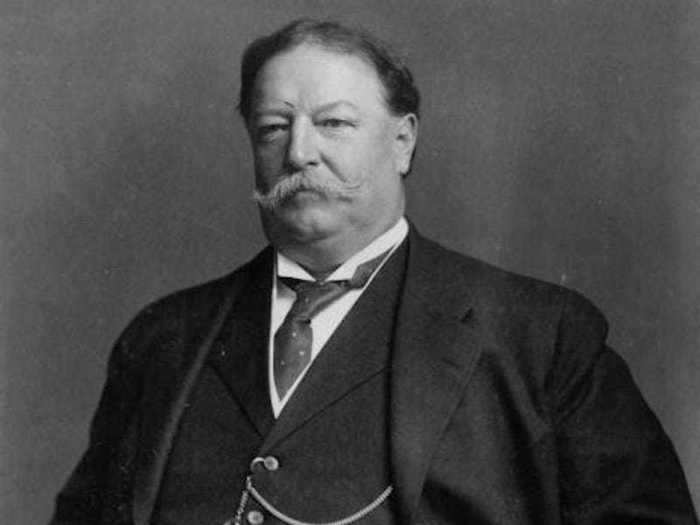
Taft, his wife, and their three children lived in Southeast Asia for three years. According to Biography.com, "Taft improved the Filipino economy and infrastructure, and expanded opportunities for governmental participation for Filipinos."
Woodrow Wilson became the president of Princeton University in 1902 and held the position until 1910.
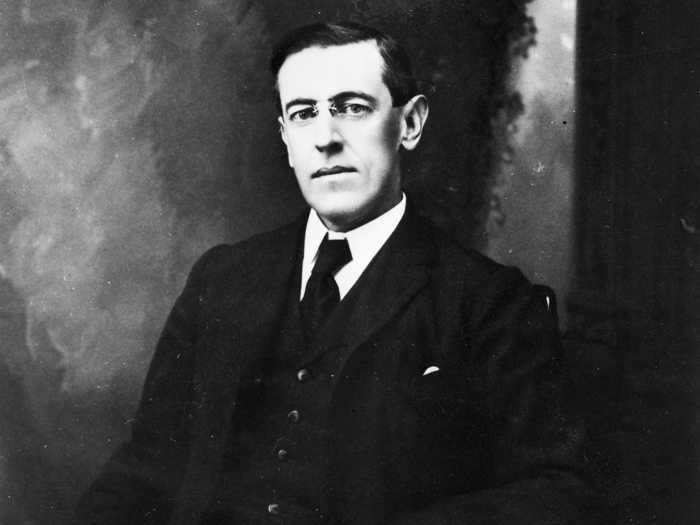
Wilson's name was removed from Princeton's public policy school in late June.
"We have taken this extraordinary step because we believe that Wilson's racist thinking and policies make him an inappropriate namesake for a school whose scholars, students, and alumni must be firmly committed to combating the scourge of racism in all its forms," the board said.
Warren Harding was a newspaper editor in Marion, Ohio. He purchased the Marion Star in 1884.
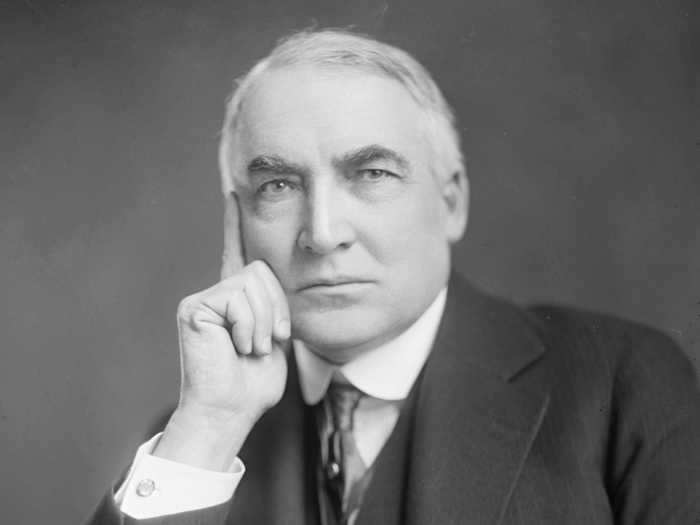
Harding and two friends purchased the failing Marion Star for $300 dollars in 1884 (about $8,600 dollars today, according to WestEgg inflation calculator).
He turned the near-defunct paper into a successful publication. According to the Marion Star, "He said once someone asked him, 'Why newspapering?' and he said, 'It combines my two passions, writing and the opportunity to affect change.'"
Calvin Coolidge was elected governor of Massachusetts in 1918 and served during the Boston Police Strike.
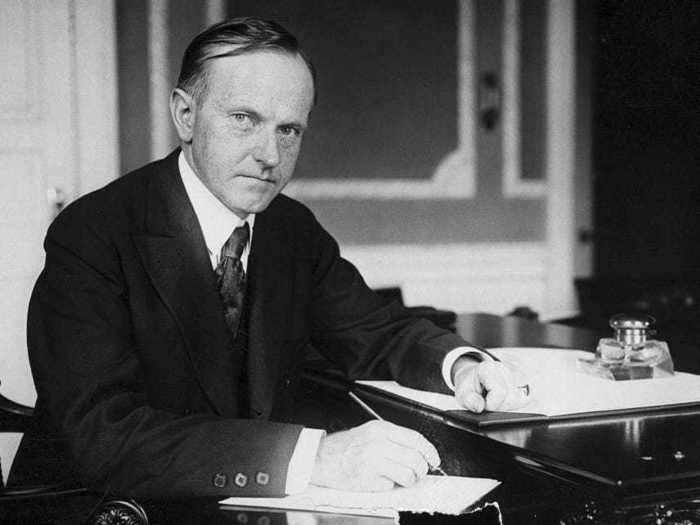
Coolidge sent a telegram to union leader Samuel Gompers that said, "There is no right to strike against the public safety by anybody, anywhere, anytime."
His response to the strike made him famous across the country, and led him to be chosen as Warren Harding's vice presidential candidate.
Herbert Hoover worked as a mining engineer in China from 1899 to 1902.
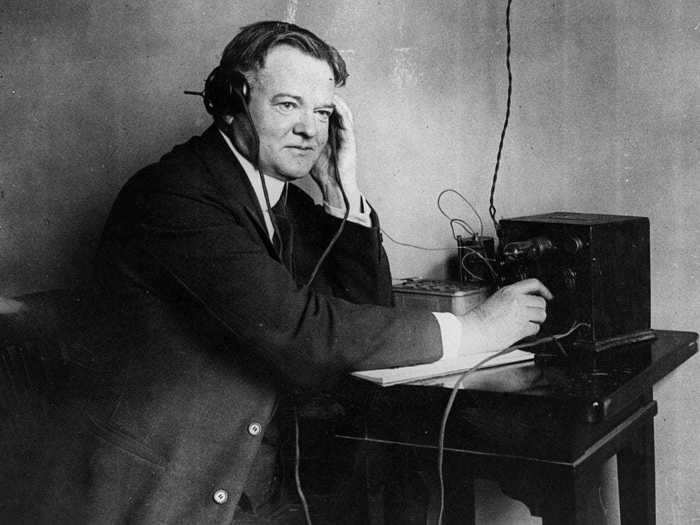
According to the National Archives, "Herbert Hoover worked to enhance the profitability of their mines. Lou traveled with her husband, studying Chinese culture and language."
Franklin Delano Roosevelt was a lawyer in New York City at a law firm called Carter Ledyard and Milburn from 1907 to 1911.
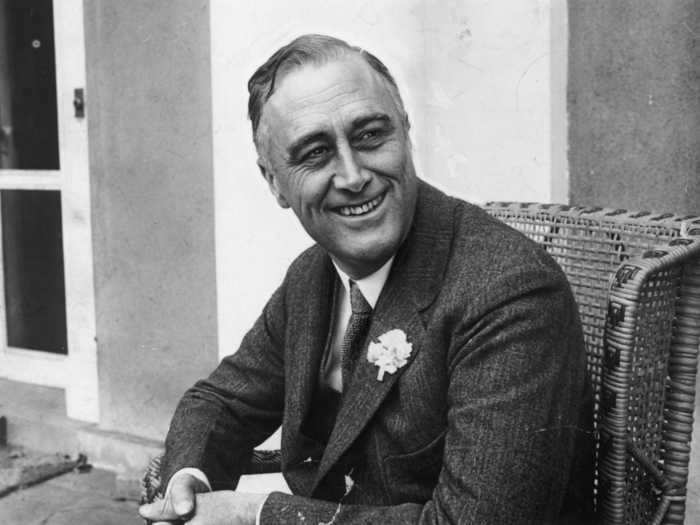
According to the Miller Center, Roosevelt disliked the profession and didn't even graduate law school at Columbia University; he left after he passed the bar in 1907.
Harry Truman operated his family farm in Grandview, Missouri, for 11 years.
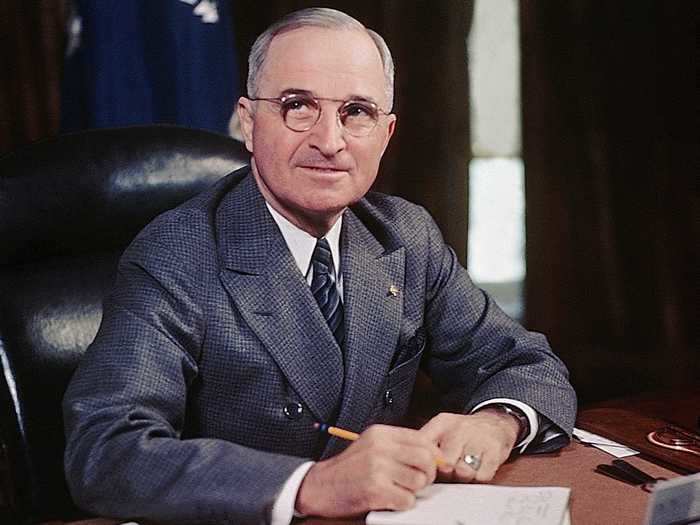
According to the National Archives, Truman was working a bank job in Kansas City when his father asked him to help manage the family farm owned by his widowed grandmother.
"It was on the farm that Harry got his common sense. He didn't get it in town," his mother, Martha Truman, said of her son.
Dwight Eisenhower was the supreme commander of the Allied forces in Europe during World War II.
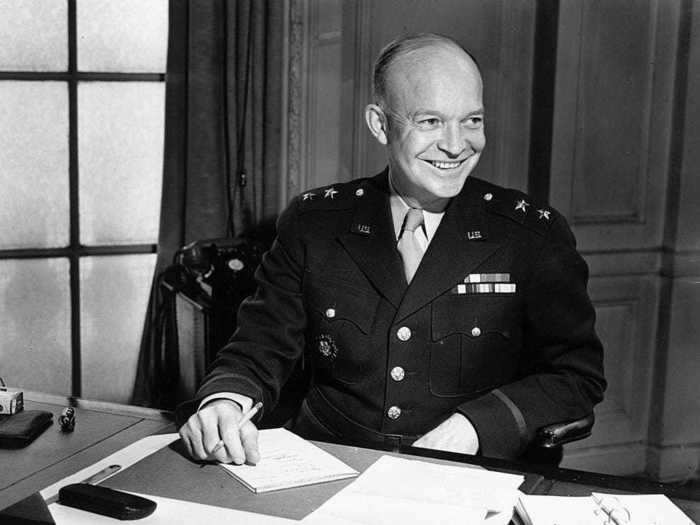
According to History.com, "As US commander, Ike developed diplomatic skills that he would later employ as America's 34th president."
John F. Kennedy was a journalist for Hearst Newspapers. He covered World War II news during the summer of 1945.
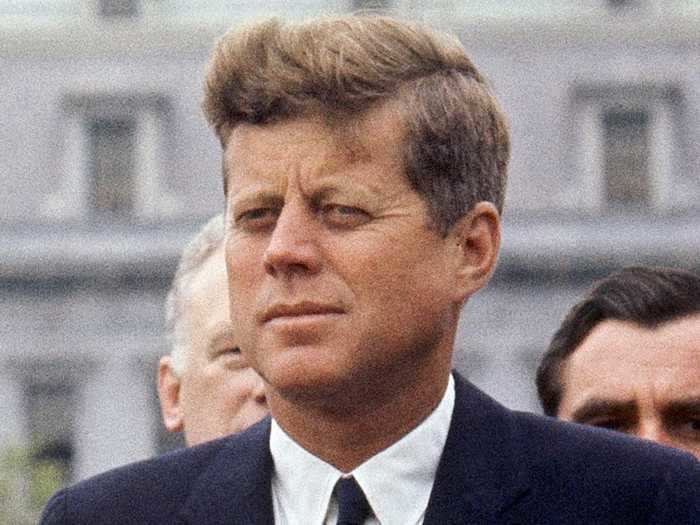
According to History.com, as a foreign correspondent, Kennedy attended the first United Nations meeting, the Potsdam Conference, and other important meetings following the end of World War II.
Lyndon Johnson was a teacher in Cotulla, Texas, when he was just 20 years old, in 1928.
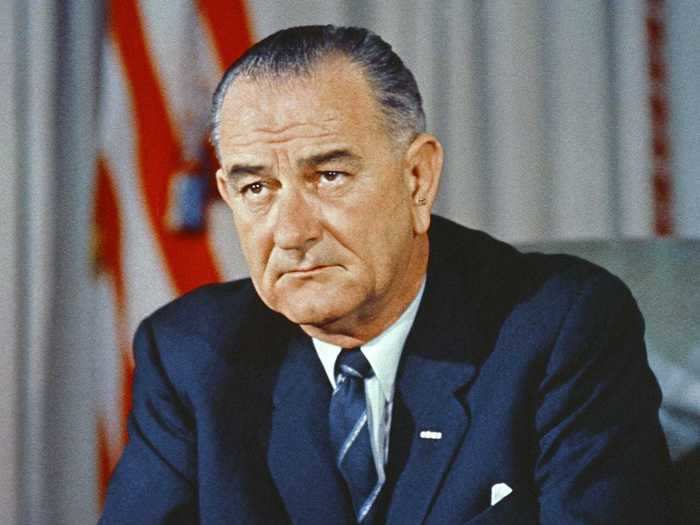
According to NPR, for a year, Johnson taught Mexican-American students who were so poor he saw them "going through a garbage pile, shaking the coffee grounds from the grapefruit rinds and sucking the rinds for the juice that was left."
"Johnson used his own salary to buy volleyballs and softball bats," according to NPR.
Jimmy Carter managed his family's peanut farm and warehouse in Plains, Georgia, after his father died in 1953.
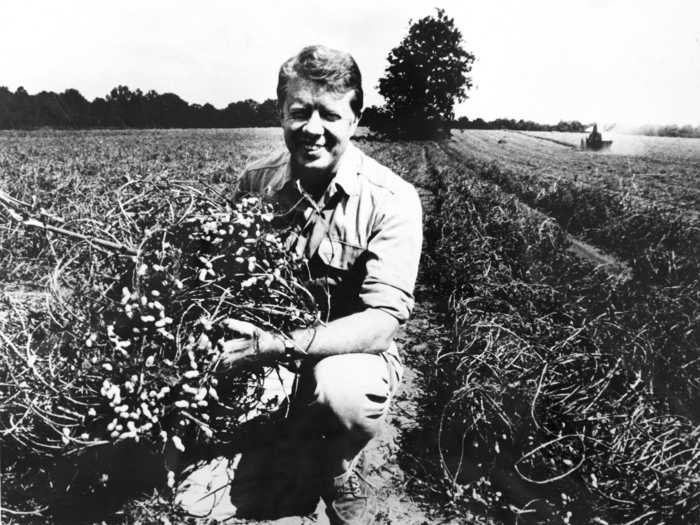
According to the Washington Post, Carter put his peanut farm into a blind trust when he became president to ensure that there were no conflicts of interest. However, due in part to mismanagement, the peanut business was $1 million in debt by the time Carter left office.
Ronald Reagan was the host of General Electric Theater for eight years, between 1954 and 1962.
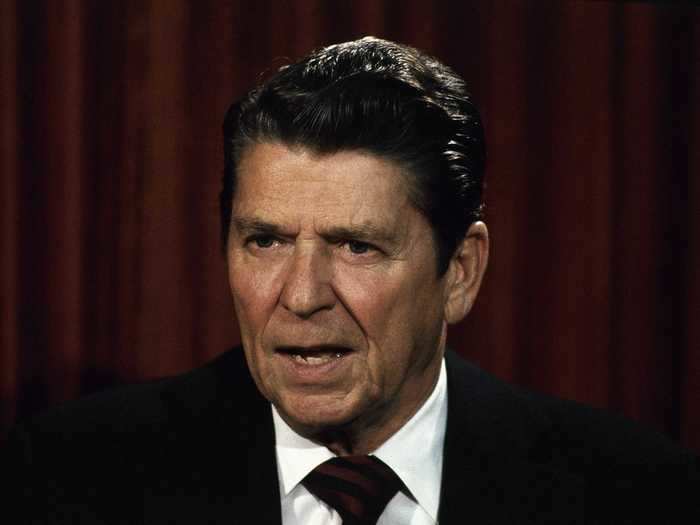
According to Slate, "Ronald Reagan began working for GE in 1954 as a liberal anticommunist and finished in 1962 so far to the right that the company felt it had to drop him as a spokesman."
George H.W. Bush co-founded an oil drilling company, Zapata Petroleum Corporation, in 1953.
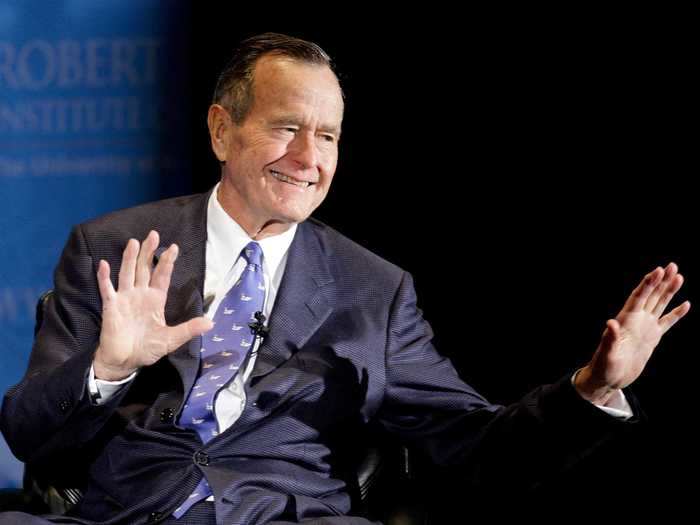
According to The National, "Zapata pioneered offshore drilling, and branched out internationally; one of its contracts was to drill in Kuwait for Shell."
Barack Obama worked as a civil rights lawyer for a Chicago law firm called Davis, Miner, Barnhill & Galland for four years.
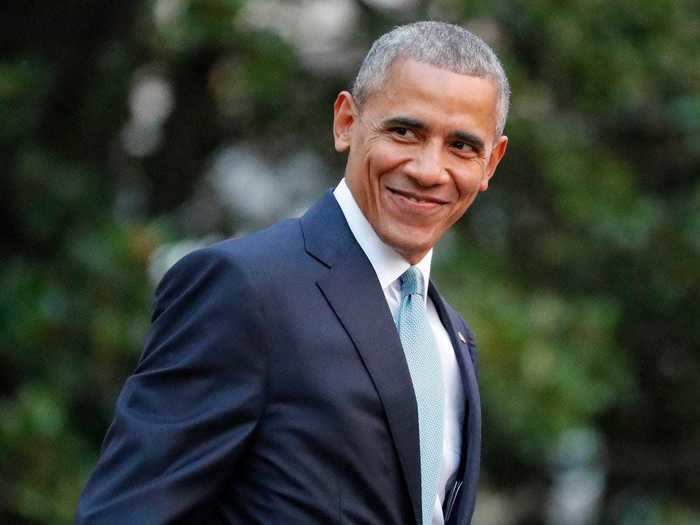
According to the Los Angeles Times, "He helped represent clients in civil and voting rights matters and wrongful firings, argued a case before a federal appellate court, and took the lead in writing a suit to expand voter registration."
READ MORE ARTICLES ON
Popular Right Now
Popular Keywords
Advertisement